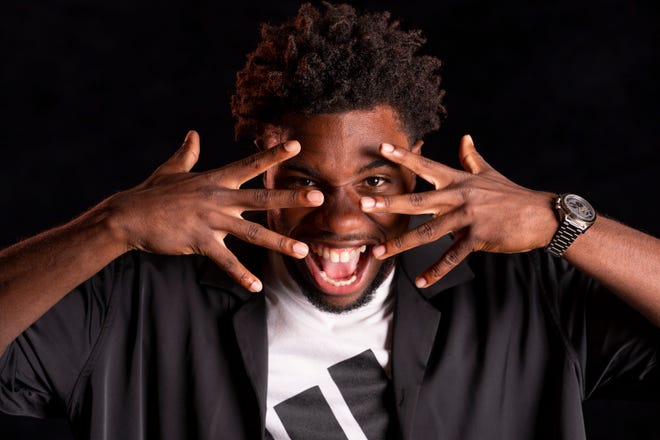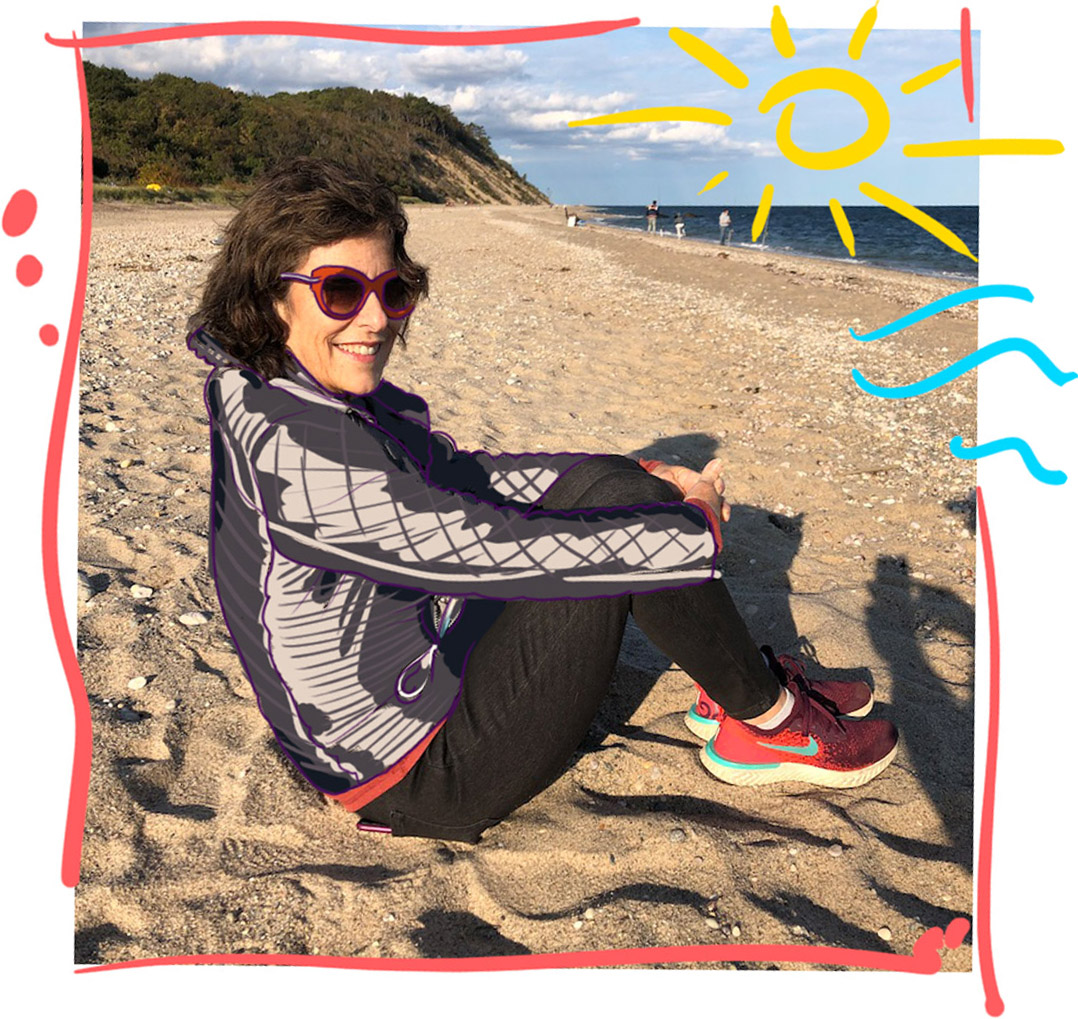It’s Time to Bring Play Back Into Elite Sports: I’m With Simone.

Photo Credit: Robert Deutsche, USA Today
I’m with Simone.
I’m with Naomi and Noah. I’m with Michael Phelps who so beautifully said, “We’re human beings. Nobody’s perfect. It’s okay to not be okay.”
As someone who has worked with Olympic athletes to help them deal with the extreme pressure of elite sports, I feel hopeful that the sports world, their fans, and billions of global onlookers are having an important conversation about a brave young woman and her courage to speak up and say what she can, can’t, will, and won’t do. The critics of Simone Biles, the greatest gymnast of all time, are— well, don’t get me started. Simone and many others in the elite sports world are leading the way in revealing the personal impact of the pressures and demand for total perfection and allegiance to the Olympics, USAG and other professional sports institutions despite a history of abuse, neglect and indifference.
Back in 2007-2008, Performance of a Lifetime, the company that I co-founded and ran as CEO for 23 years, was hired to work with 500 United States Olympic athletes as they prepared for the 2008 Beijing Summer Olympics. Improvisers, play experts, and theater artists from the Performance of a Lifetime team partnered with prior Olympians, including soccer star and two-time gold medalist Brandi Chastain, gold and silver medalist Andrew Valmon, and gold medalist Vonetta Flowers. Together, we worked with the U.S. athletes to help create an environment of collaboration, friendship, fun, and support, culminating in what was branded for the first time: “Team USA.”
I remember being in awe of these stunning athletes — both the most famous ones and the first time entrants. And I also remember seeing so clearly that they were kids. Energetic, excited, smart, and lovely kids. Hundreds of athletes played crazy theater games, all gathered in the same space. They walked around in slow motion, talking gibberish. They passed around imaginary balls and role-played Olympic Village scenarios. All to have pure fun and to build the camaraderie, communication, and connection across the different sports. They played to build the team.
Play. We did and do it as kids. (Almost) everyone now knows that through play, children learn how to speak, understand, ride a bicycle, learn, grow, develop, and transform. But play is essential for teenagers and adults of all ages too. As Dr. Stuart Brown, the Director of the National Institute for Play and the author of Play: How it Shapes the Brain, Opens the Imagination, and Invigorates the Soul, says, “To play is to be human.” And, as the foremost expert on play across the lifespan, the late Dr. Brian Sutton Smith said, “The opposite of play is not work — it’s depression.”
And that’s what the Olympic “Games” culture, as well as the surrounding big money and big institutions, have produced: depression. This environment is not playful at all. It’s de-humanizing. It produces humiliation. Fear. Pressure that no human being can healthfully withstand.
I think that the open conversation taking place right now is positive, if also painful. Hats off to Simone, Naomi, Noah, Michael, and the hundreds of female gymnasts who are pushing back on a deadening culture, and reshaping it.
So, let’s follow their lead. The rest of us can do more than talk about it, since we certainly can’t do a Yurchenko double pike vault. Let’s bring play — play that gives us back our humanity — into the sports culture and, frankly, our larger culture overall. Play and performance activists, experts, scholars, and practitioners are doing wonderfully creative and innovative efforts and projects across the globe. Please check them out.
I’ll end with a factoid about that year when we worked with the athletes in Beijing. That year, Team USA won its most medals ever in any Olympics not held on home soil. They had the highest total medal count across the games, and won more silver and bronze medals than any other participating nation. I can’t help thinking that playing together in a non-competitive, non-pressured way before the games helped make that happen.
Something cool…
At the end of each of my blogs I share a neat thing I found (or a friend sent me). Today’s sites are all about creating beauty out of blank space. Check out both Weave Silk and Neon Flames where you can create colorful patterns and even galaxies using only your mouse.
August 3, 2021

Cathy Salit is a performance activist, social entrepreneur, executive coach, funny lady, and jazz singer. She used to be the CEO of the leadership consultancy Performance of a Lifetime. She wrote a book. She chats with interesting people. These days, she’s leading the Global Play Brigade — bringing play and emotional support to thousands across the planet, while maintaining a small coaching practice, speaking, and leading workshops. Cathy has two cats named Belle and Benny who like to walk across her laptop when she is doing brilliant and paradigm-shattering work.
Inbox not full enough yet?
Subscribe here for my latest blogs, exciting news, neat things and special invitations.


Loved this blog entry, Cath! So important, so relevant, so meaningful.
Thanks so much, Jen! I’m excited that these amazing athletes are speaking up and out the way they are.
Definitely the case that you and POAL helped the US team in 2008 Olympics perform so well!!! No doubt. Thanks for the reminder that “to play is to be human”. I keep thinking about how Simone et al can and need to play with the personal and systemic trauma she (and we) carry. Thank you. Down with super-human perfectionism, up with the playful, messy practice of being ordinary humans, together.
You’re so right, Jennifer. Life is messy and that’s part of what makes us human.
Thanks Cathy for such an excellent piece. I love the leadership that you provide, along w Simone, Naomi, et. al. Right/write on!
Thanks so much, David.
Play on Cathy and the Global Play Brigade. Love this blog. It’s wonderful to read how play was use to make the USA Olympic team be creative and collective. Awesome!
Great to hear your thoughts, Gwen! Thank you.
I’m proud that female athletes are the ones who are finally standing up to say that the competitive sports environment is toxic. Your blog supports the idea that another route, a playful route, can be more successful. Good going.
Female athletes are inspiring us in more and more ways! Thanks for your comment, Lexie.